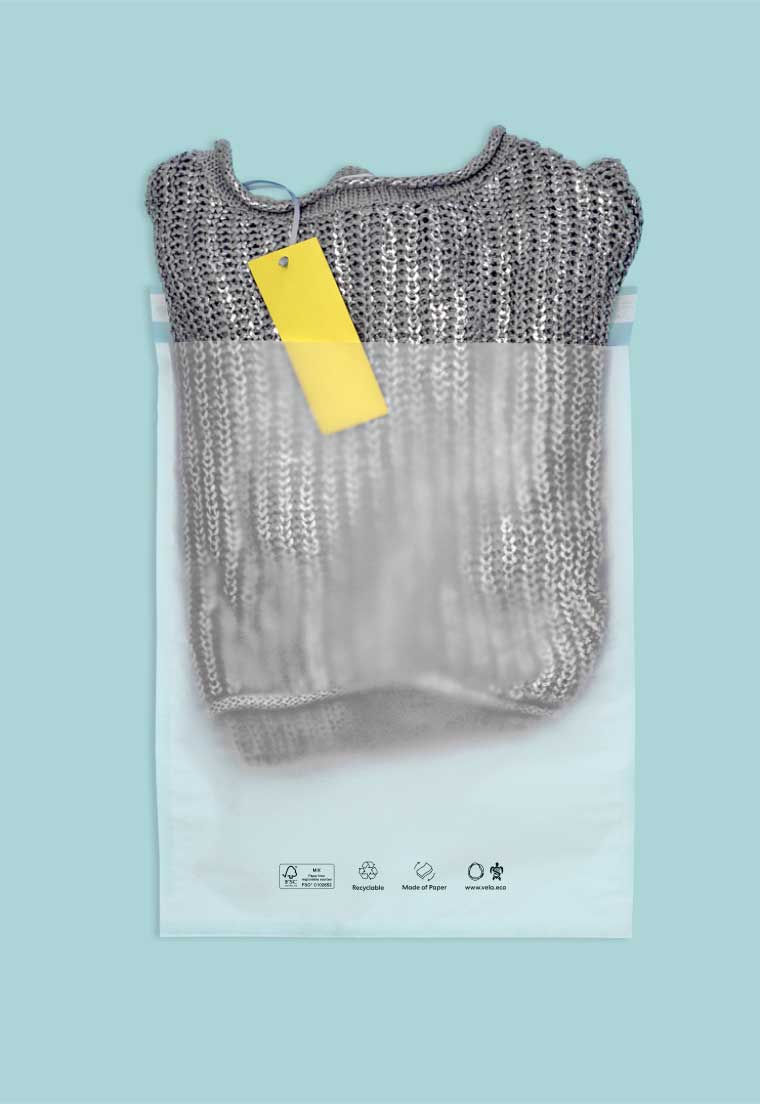Businesses had better watch out. Using the tax system to address single-use plastic waste.
- URBAG Official
- Feb 10, 2023
- 5 min read
Updated: May 24, 2023
How is the UK government dealing with our single-use plastic crisis? Understand how the Plastic Packaging Tax can change the way companies operate and what this will do for the planet.

What is it exactly?

The Plastic Packaging Tax (PPT) is a measure implemented by HMRC as part of the UK's waste and resources strategy to encourage businesses to use more recycled plastic packaging. You are liable if your business imports or manufactures more than 10 tonnes of plastic packaging with less than 30% recycled content.
HMRC introduced the tax on the 1st April 2022, and since then, companies have needed annual declarations to comply. Chargeable at £200 per tonne of plastic used, the rationale behind the tax's implementation is to reduce the amount of plastic waste produced. To start at the top of the supply chain, to tackle those who make it: businesses.
What does it mean for businesses?

The Plastic Packaging Tax means businesses using non-recycled plastic packaging will be subject to a tax charge. The levy rate is £200 per tonne of packaging, based on the amount of recycled plastic it contains. Financial implications are inevitable if the plastic packaging does not have at least 30% recycled content.
Let's delve a bit deeper into who is liable. The tax targets businesses that manufacture, produce, or import over 10 tonnes of plastic packaging into the UK that does not contain a sufficient amount of recycled plastic. It also covers packaging that is already filled when it enters the UK. If liable, a tax declaration needs to be submitted to HMRC 4 times a year, so no small feat!
However, even if you have produced or imported packaging that has a high content of recycled plastic, businesses still have to adhere to this environmental legislation. Valid evidence must be provided to HMRC to prove that your business complies with the legislation.
How can businesses make a change?
Businesses could look into other solutions, such as investing in biodegradable or compostable packaging or switching to alternative, more sustainable, and environmentally friendly materials.
Businesses could also reduce the overall amount of packaging they use by reusing packaging materials to reduce waste.
For instance, HMRC defines the two types of liable packaging as "designed to be suitable for the use in the supply chain or single use by the consumer".
Consequently, reducing packaging even entering the market would make a significant difference and prevent its consumption.
A B2B guide to the PPT
Need help figuring out what to do?
We have curated a step-by-step guide on how to deal with the PPT:
1. Get to grips with the composition of your plastic packaging. All the way down to the component level.
2. Collect and weigh your packaging, ensuring the units can be converted into tonnes.
3. If you think you are liable, check the HMRC website to double-check that your packaging is definitely in scope, as there are a number of exemptions.
4. Register for the Plastic Packaging Tax here if you meet the necessary criteria, which, just as a reminder, are:
Manufacturer or importer of over 10 tonnes of qualifying packaging.
The packaging activities (manufacturing/importing) occurred over 12 months.
The plastic packaging in question contains < 30% recycled content.
5. Submit your returns to HMRC 4 times a year, ensuring that the returns cover an accounting period.
6. Collect and reflect on the data you have collected as part of the declaration process. Focus on the recycled content of each plastic packaging component.
7. Identify opportunities to increase the recycled content or think of alternatives. Where could you improve?
Stuck?
Have a look at our suggestions in the sustainable suppliers' inventory below or, read our blog post on innovative packaging When creativity meets design: the latest innovations in eco-friendly packaging.
Implement these changes and see your company's expenses decrease whilst enhancing your environmental credentials.
Sustainable suppliers inventory
Want a list of sustainable champions within the packaging sector? You are in luck. We have put together a list of alternative packaging suppliers for various industries to help you make sustainable changes.
URBAG
An alternative for plastic garment covers the Fashion Aftercare Industry
Check out our tote and garment bag combo to reduce the number of plastic garment covers.
It is an ideal solution for dry-cleaning and laundry services to offer their clients an environmentally friendly and reusable solution, whilst eliminating the need for single-use plastic covers.
It's a win-win situation. Dry cleaners generate a new income stream, lower costs, and increase customer loyalty while getting ahead of tax regulations.
Looking for stylish innovation? Contact our wholesale team here or shop online.

Vela
An alternative for poly bags for the Fashion Industry
Out with the plastic and in with the paper. A fuss-free and protective packaging solution for garments throughout the supply chain.
Raja Packaging or Kite packaging

An alternative for transit packaging and shipping boxes for online orders
It would be best to have reliable, affordable, eco-friendly packaging when transferring goods within the supply chain.
Raja and Kite Packaging offer a wide range of products k out. Please have a look at their eco-friendly ranges:

BePulp range – an alternative for the food industry
Ever heard of packaging made of sugarcane? Well, you need to, as with these compostable products, you can tackle the issue of single waste plastic for takeaway services.

Paper Bag Co
An alternative for plastic bags in the retail sector
You must already be aware of the new law against plastic bag introduced in May 2021.
Alternatives to single-use plastic bags are many,edium, small, mi,cro and airport retailers) must charge a minimum of 10 pence for single-use carrier bags in England. You could be fined if you do not charge.
However, only large retailers are required to record and report the number of single-use carrier bags they sell in England. A large retailer employs 250 or more full-time equivalent employees (in total and not just in retail roles) in a year.
Alternatives to single-use plastic bags are readily available. A good website to check is paperbagco.co.uk
Or no packaging at all?
Why not generate an income stream by being different?

Provide alternatives through reusable cups or a deposit scheme.
The list is endless for a strict no-waste policy, with many reusable options already on the market.
One or two examples include Stojo collapsible cup (stojo.co/) or the Keep cup (https://uk.keepcup.com/).
Thoughts for the future, what will this tax do?
Legislation is needed as approximately five million tonnes of plastic are used annually within the UK, 50% of which is the packaging.

This new tax could significantly impact businesses currently using non-recycled plastic packaging, as they will be required to pay a tax charge.
incentivize
The PPT could incentivise companies to invest in more sustainable practices, such as using recycled materials in their packaging.
Such changes would positively affect the environment, as industries are decreasing the amount of plastic waste produced. In turn, plastic waste and recycling will be promoted, diverting it from landfills and incineration.
These solutions could reduce the amount of plastic waste being produced and discarded into the environment whilst improving public awareness of the importance of reducing plastic waste and recycling.
This is especially important if the liability is passed down the supply chain, highlighting that our actions have consequences.
.png)









Comments